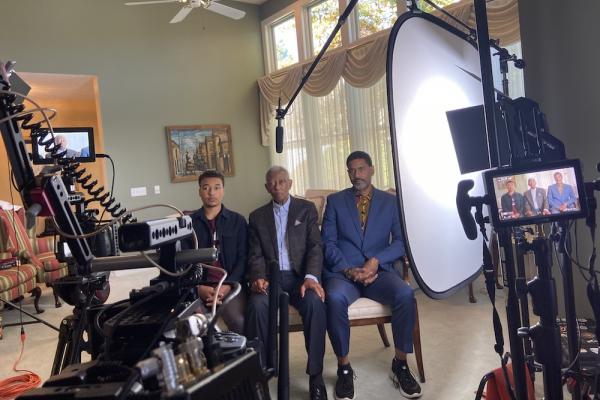Oct 28, 2020
In an effort to call faith-based communities to action during the 2020 election season, his grandson Rev. Dr. Otis Moss III, pastor of Chicago’s Trinity United Church of Christ, shares his family’s story in the 14-minute film, Otis’ Dream.
Read the Full Article

Already a subscriber? Login
